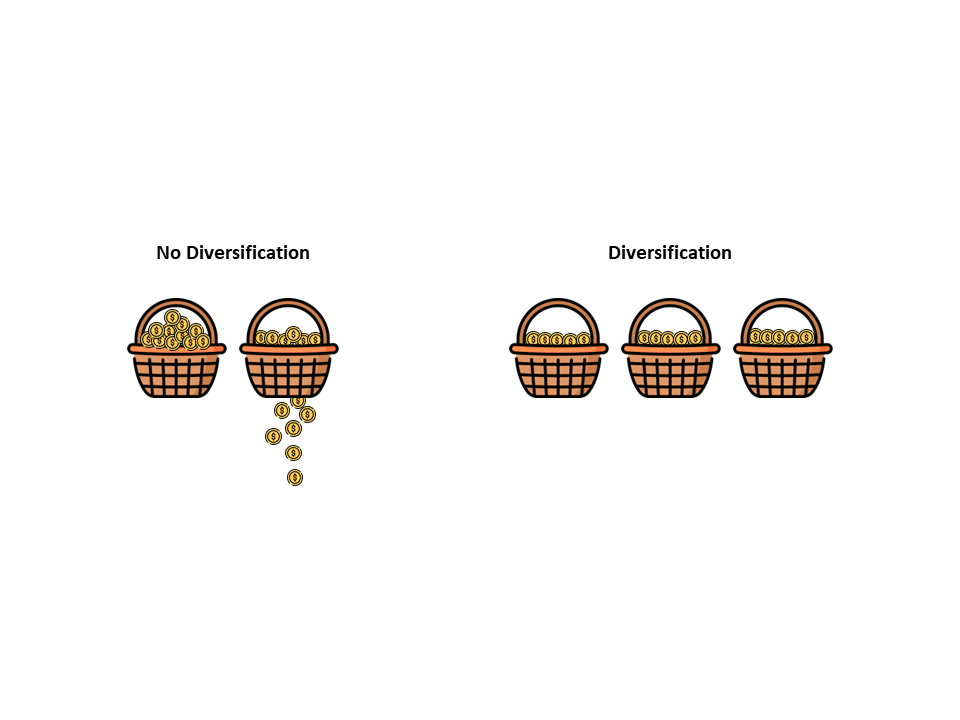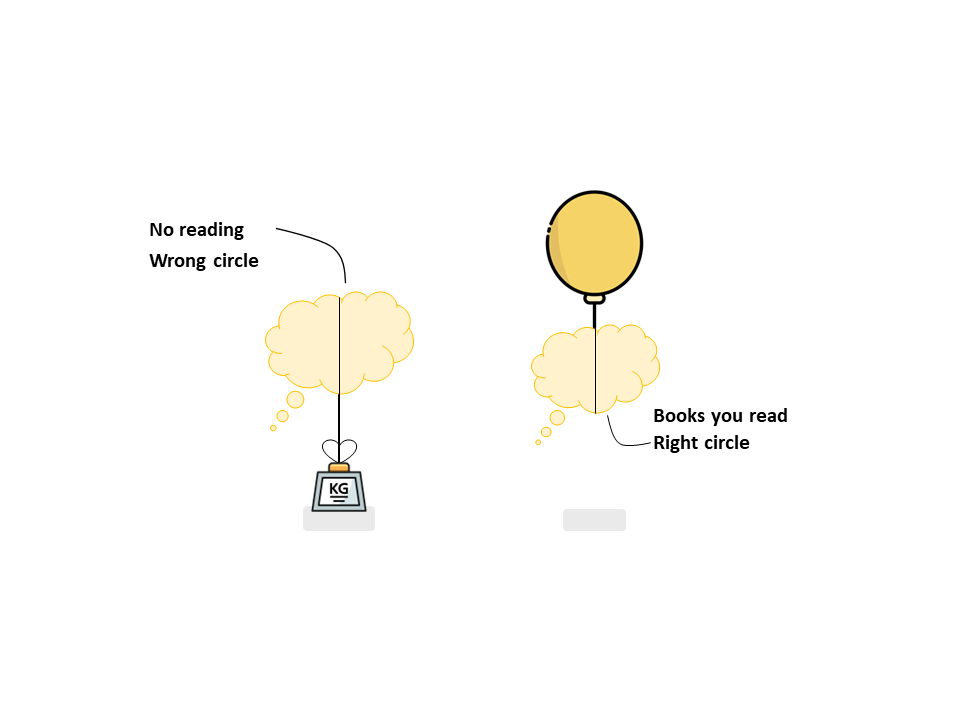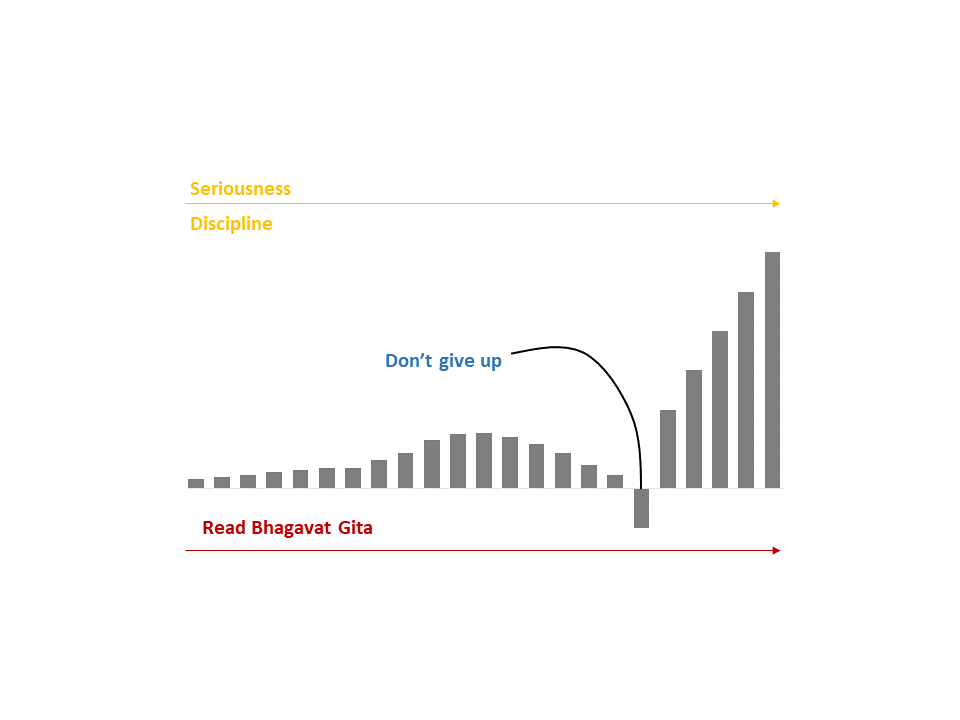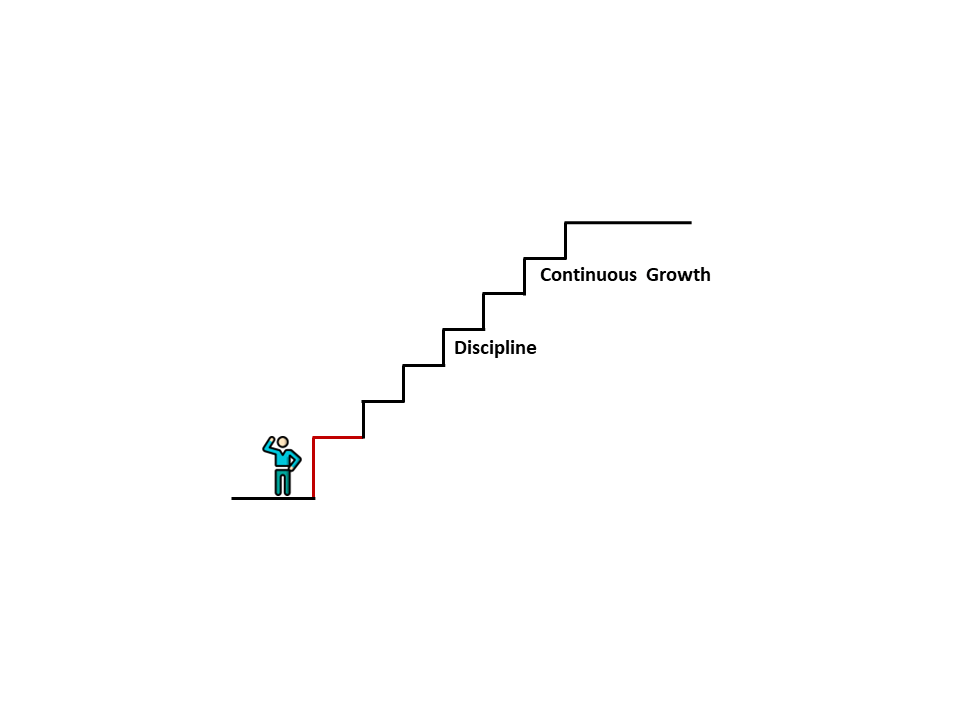Want to learn how to be productive or ultra-productive in the workplace or in studies?
Managing time is not as important as managing energy is. This can be achieved by mastering the 4 pillars of energy management:
First, physical energy. Get 7 hours of sleep, exercise for 40 minutes everyday (if you target everyday, you will end up working out 5 times a week), eat wholesome food. Be mindful of what you are eating – start reading nutrition labels. Listen to a podcast or soul-music while walking/running. It is just that simple.
Second, emotional energy. Empathy, sensitivity and EQ are massively underrated.Try to be a better version of yourself daily. Learn to let go of things that you cannot change instead of sitting and cribbing, be happy in others’ success and be more emotionally competent. Maintain a journal and write down your thoughts and emotions, it helps a lot as it makes your problem seem tackable and helps to find solutions for the same.
Third, mental energy. Stop waking up to alarm clocks grudgingly and wake up to gratitude. Don’t touch your mobile phone for the first 30 minutes. Practice meditation to help you to become more creative and widen your perspective and to help you think from a larger point of view. Reading the right content will help shape your mental well being. Surround yourself with people who push you forward instead of negative people. You are going to be the total of books you read and people you are with, so be extra careful while choosing both.
Fourth, spiritual energy. Organize and de-clutter your mind and where you work, eventually, your productivity will increase. A happy person is efficient and highly productive.
For a detailed description please find the video below!










